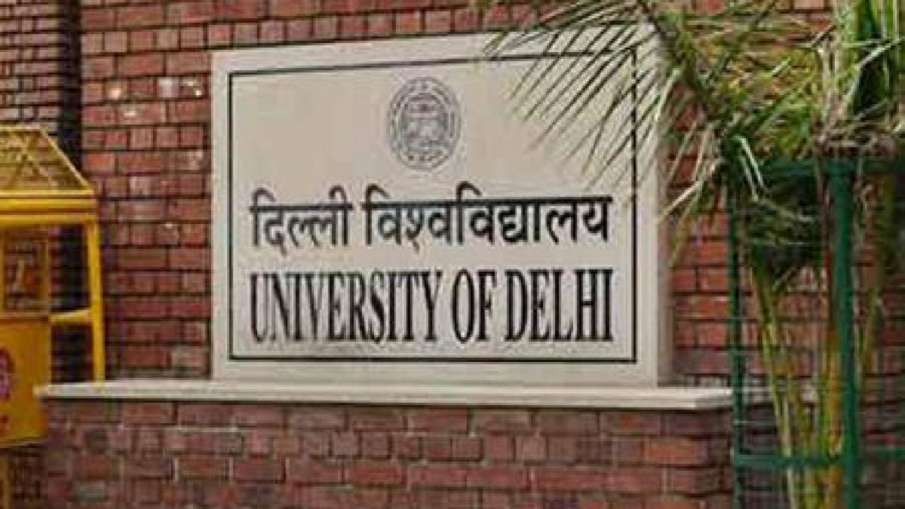Rup Narayan Das
The selection and appointment of vice-chancellors (VCs) at times attracted media attention for very many reasons. The latest instance is the suspension of the VC of Delhi University. Ironically he was appointed by the same regime. In the educational edifice of the country, VCs, being the heads of universities, occupy a pivotal position. They are called upon to perform a multiple of functions.
In the first place, they are expected to be distinguished academicians and eminent scholars having contributed significantly to the body of knowledge. In the second place they should possess ample administrative experience to deal with men and material in a judicious and prudent manner. A VC’s role as administrator has many parts. As far as faculty and the teaching fraternity are concerned he/she is like primus inter pares or first among equals. The deans of various faculties and professors are eminent people in their own right. Differences of views on different issues are bound to crop up from time to time and they need to be resolved amicably. The VC is also responsible for recruitments of both faculty and staff for various positions. In the selection of these positions at times, the VC is put into pressure from various quarters including political. In such situations, he/she has to ensure that not only the procedure is followed, but also merit prevails.
As per the well-established norm prescribed by the University Grants Commission, the VC being the academic and administrative head of the institution is expected to be a person possessing the highest level of competence, integrity, morals, and institutional commitment. It further stipulates that a distinguished academician with a minimum of ten years of experience as professor in a university, or ten years of experience in a reputed research or academic administrative experience with proof of having demonstrated academic leadership is eligible to apply for the position. It is often experienced that the ten years of experience is mechanically determined in a clerical manner. What the authorities decide is the criteria of pay scale and the grade pay. It is quite ridiculous that at times candidates who might have earned ten years of experience in that pay scale and grade pay without any demonstrative scholarly attainment or achievement may have edge over some other candidate who might not have the requisite years of experience in that particular pay scale or grade pay, but otherwise is a highly accomplished scholar. An average professor of an obscure second rate university may get selected while a scholar of eminence or someone having requisite administrative experience may be ignored. The search committee needs to have a creative understanding of the candidates’ claims of eligibility.
At a time when people from outside the civil services are hired for senior positions like joint secretaries to the Government of India on the scheme of lateral induction to the civil service, a similar practice should also be followed in the appointment of VCs of universities. What is so sacrosanct about ten years of experience in a particular scale of pay or grade pay if a candidate has not produced scholarly output commensurate with the years of experience which reflects poorly on his/her academic achievements? This clerical criteria needs to change.
At a time when India or for that matter Odisha is emerging as a knowledge society, the VCs are poised to play a critical role in the educational edifice of the country and the state. The VCs are supposed to be of impeccable honesty and integrity. The fact that the Odisha government through a Cabinet decision has divested the power of universities for appointment of senior faculty positions is only suggestive of the lack of faith and trust in the impartial and objective selection of candidates. Now, the Odisha Public Service Commission is entrusted with this responsibility. Similarly, the government should broaden the catchment area of the selection of VCs.
In the past, highly eminent scholars like Pranakrushna Parija, Dr Manmath Nath Das, Professor Mahendra Kumar Rout, to name a few, have had enhanced the prestige of the university which they served with great distinction. There is no dearth of such candidates. What is required is an open mind and shedding the rigidity of criteria solely on the basis of pay scale or grade pay. Scholarship and academic accomplishments need not be measured in terms of scale of pay or grade pay.
The writer, a retired joint secretary of Lok Sabha Secretariat, is currently a senior fellow of the Indian Council of Social Science Research at the Indian Institute of Public Administration, New Delhi.
